Cardinals’ Christian Kirk uses his biracial perspective in fight for change
Jun 12, 2020, 7:31 AM | Updated: Jun 15, 2020, 10:23 am
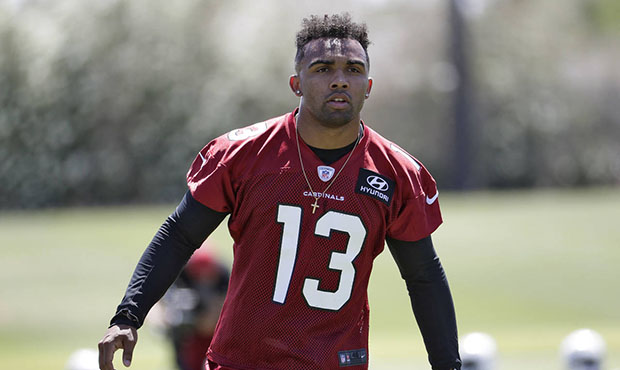
Arizona Cardinals' second-round draft pick Christian Kirk (13) runs drills during NFL football rookie camp Friday, May 11, 2018, in Tempe, Ariz. (AP Photo/Matt York)
(AP Photo/Matt York)
Receiver Christian Kirk is 23 years old and was the second-leading receiver on the Arizona Cardinals last year.
While he is on the rise as an NFL player and already held local cache having gone to Saguaro High School in Scottsdale, he does not have the platform of a sports superstar. Not yet, anyway.
But as a pro athlete, speaking out against racism and police brutality is no longer viewed as a non-responsibility or reserved for a select few. It is not perceived as a risky cause for self-branding reasons.
Pushing for change is a necessity for people of all professions, backgrounds and experiences. It’s why Kirk, from his own perspective and with the following of Cardinals football fans, wants to fight against societal injustices.
“My mom is white, my dad is black. I’ve witnessed my dad be racially profiled,” Kirk said Wednesday on a Zoom call with reporters.
“I give props to my mom, being a white mother and birthing three black children. Regardless of what’s in your blood, your DNA, we’re seen by the color of our skin. I even remember being at a young age her having to explain that to me. I give her so much props, the strength to be able to tell your young children, unfortunately, in this world you’re going to be judged by the color of your skin.”
That conversation came when Kirk was only about 10 years old, he said.
As the country continues to protest following the recent deaths of George Floyd, Breonna Taylor and Ahmaud Arbery, all of whom are black, the discussion has found itself tethered into sports across the world.
Publicly, the NFL has said it is listening to its black players. Privately, teams like the Cardinals have addressed the issues in depth.
Coach Kliff Kingsbury gave the team last Thursday off on the first day of a memorial for Floyd. Kirk said the team during a virtual meeting opened the floor for more than an hour, allowing players and coaches to discuss their experiences with racism.
In position groups, the team gathered to share more intimate discussions.
In the receiver room, Kirk said about 80% of the players had faced racism. But the conversation was first initiated by position coach David Raih, who is white.
“Our conversations have been so progressive and very impactful for I think everybody on the team. I know for us as receivers in our room, we have a very intimate, tight-knit group. It starts with our leader, Coach Raih. He has been so helpful, so supportive and has really kind of worn his heart on his sleeve this entire time, because it’s impacted us all, especially for him growing up in Minneapolis and George Floyd dying where he grew up, it hit home for him,” Kirk said.
Involving people of all perspectives is an important part of the conversation. Kirk’s personal experiences with racism are unique, but what caused them are unfortunately not.
On Tuesday, Los Angeles Lakers forward Kyle Kuzma, who also has a black father and white mother, penned an article in The Players’ Tribune about his experiences with racism.
I’m sure a lot of biracial kids have that kind of similar story of not being black enough for the black kids and not being white enough for the white kids. As a kid, you don’t know the history behind all that. You can only really see the situation like the black community is telling you, “You’re only half of us.” While to the white community, you’re just black, or worse — you’re a n-word. (They actually said stuff like that in front of me when I was in high school.)
So, yeah, for me just personally, growing up, I got hit from both sides. It was what it was.
Kirk faced similar judgments growing up, he said on an Instagram post.
“Growing up with a black father and a white mother, I’ve always been told from time to time that I wasn’t enough of either color,” part of Kirk’s caption read. “BUT, my skin color was always black enough to be wrongfully accused and arrested for something I did not do. Black enough to be pulled over just to be asked ‘what’s up.’ Black enough to feel unwelcomed in places that I walk into.”
Sharing similar experiences with those around them has been powerful in the Cardinals locker room, Kirk said.
Sharing them to the public at large, however, is something that he feels is a must at this crucial point in history.
“We need to use our platforms when we have hundreds of thousands of followers and millions of followers to be able to portray what’s on our heart. We’re finally being heard, I do believe that,” Kirk said.
“Being able to say how much tenacity we have had during this time, being able to rise up against adversity and realizing that this is the time for change — I keep saying it, but it really is. A lot of people like to talk about how this generation is lazy and we like things that are handed to us, but I think we are really showing our true colors here as a nation, this generation coming together and banding together during a time where we’re hurt.”


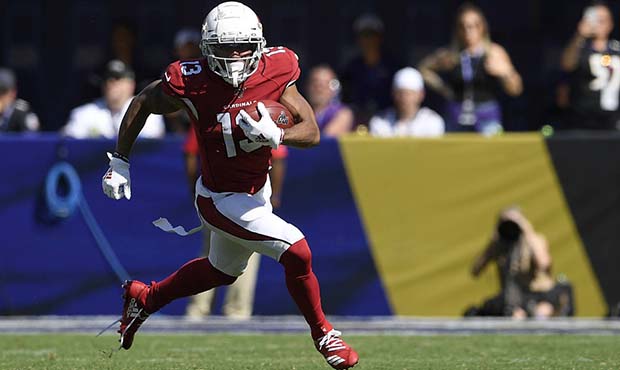
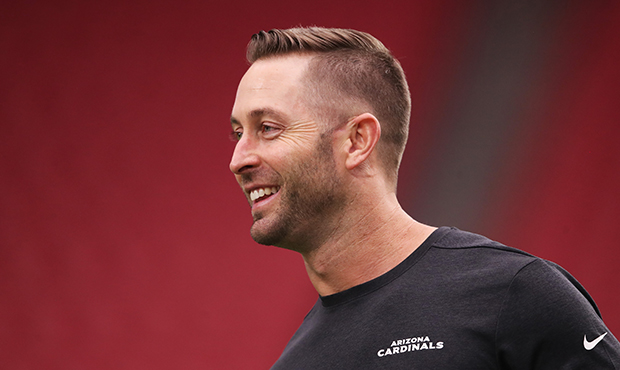
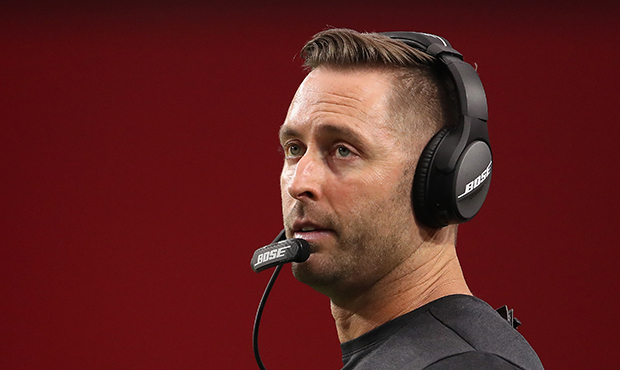
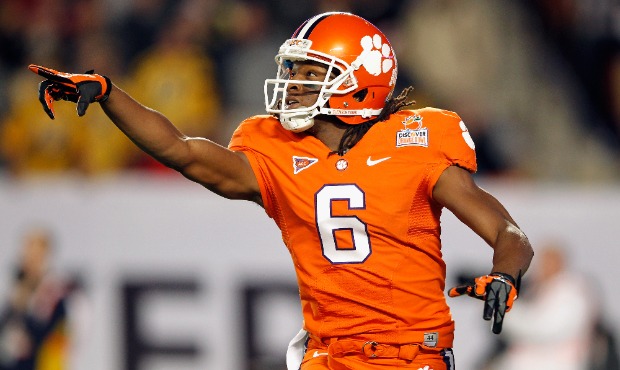

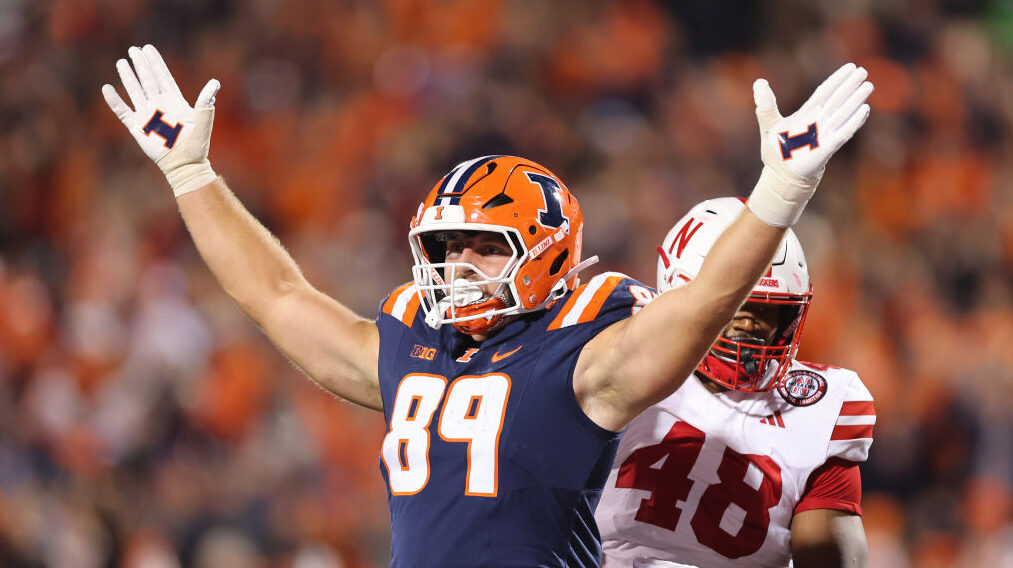
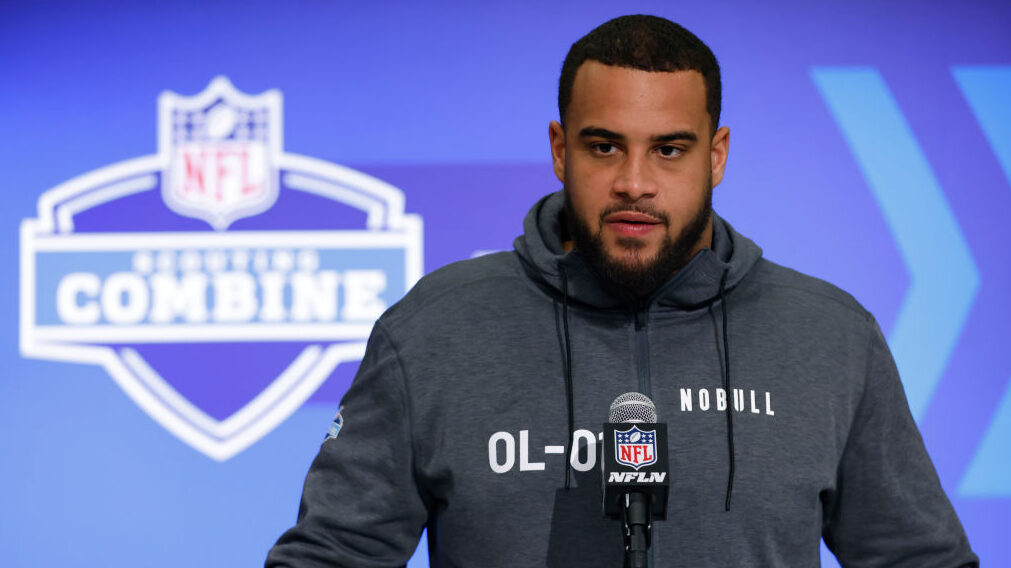
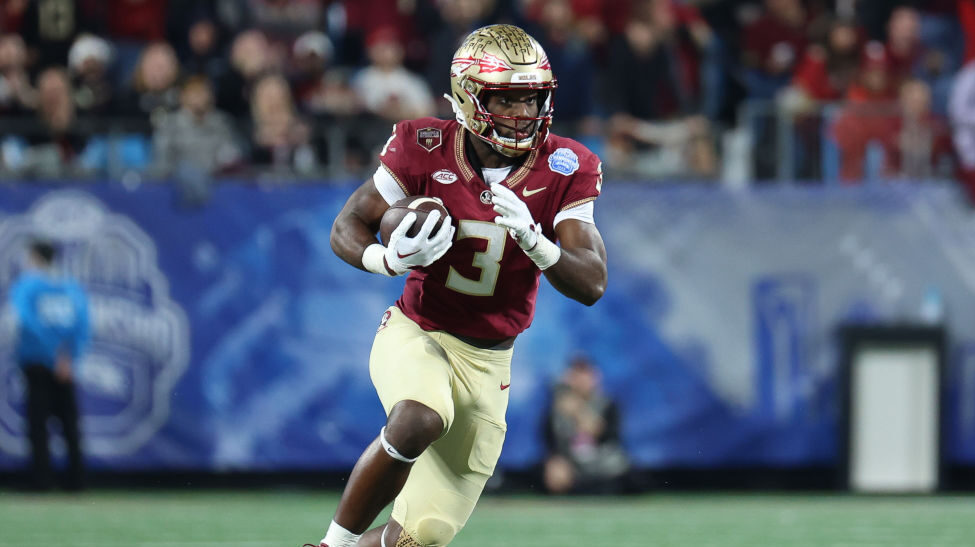
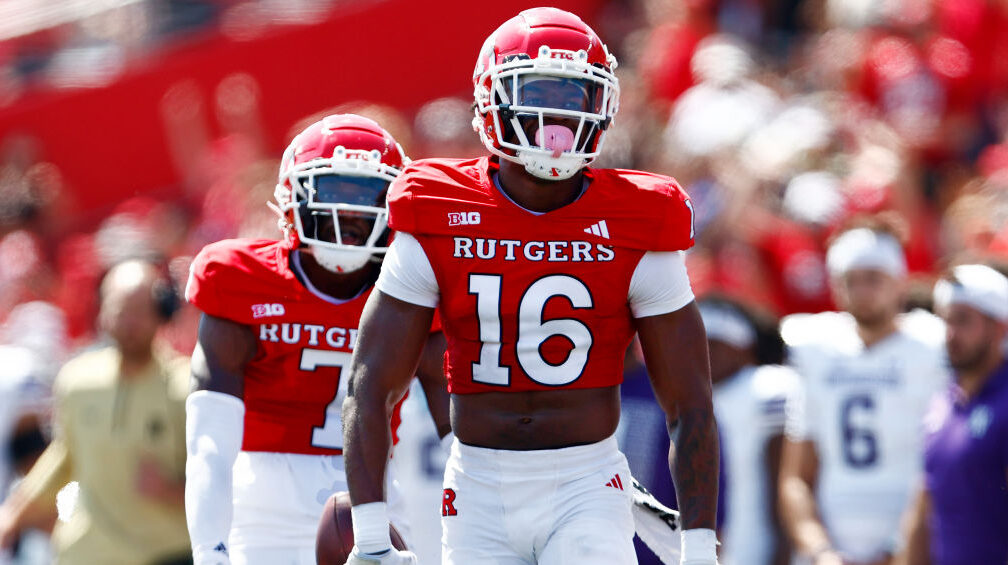
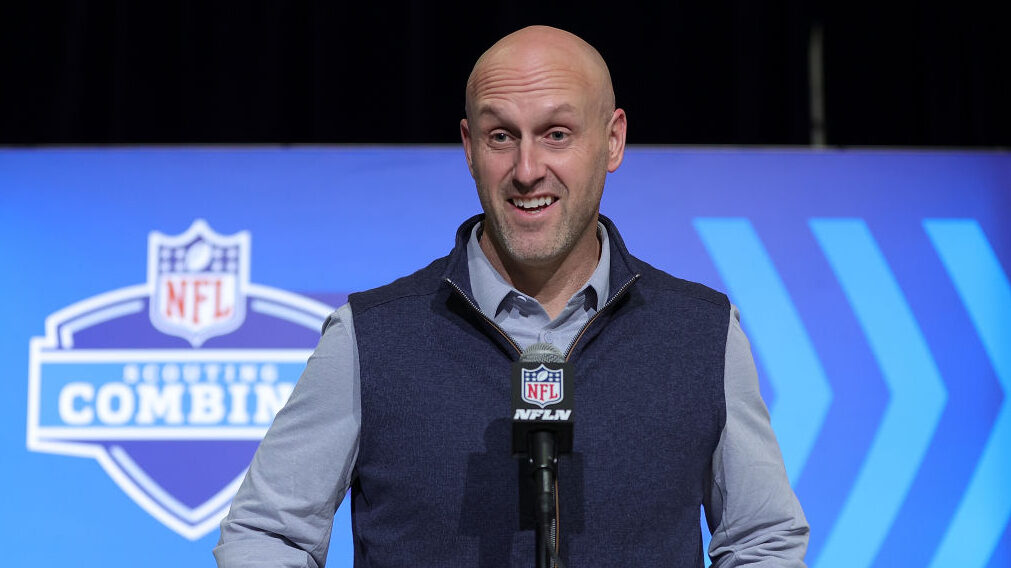
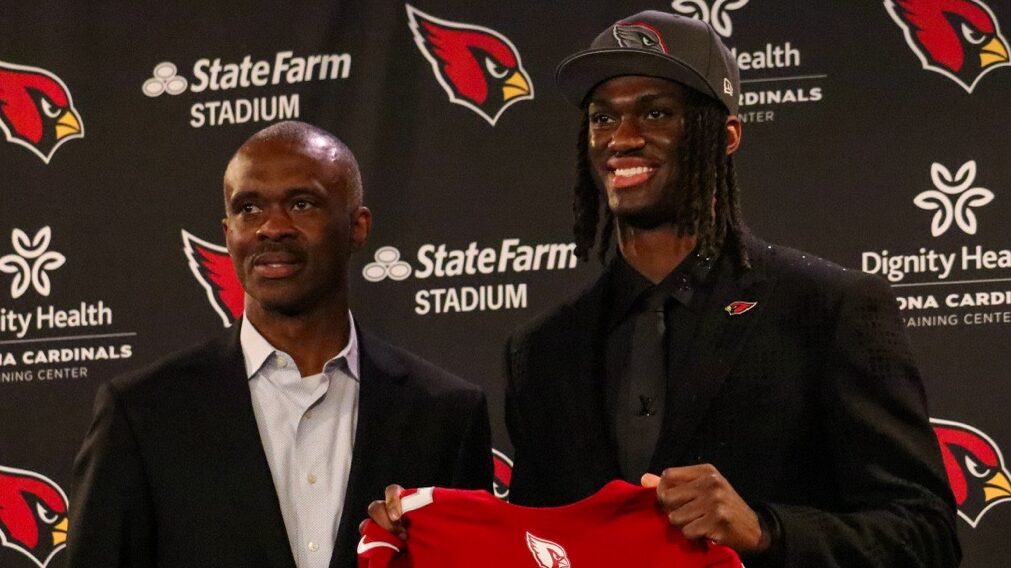
Comments